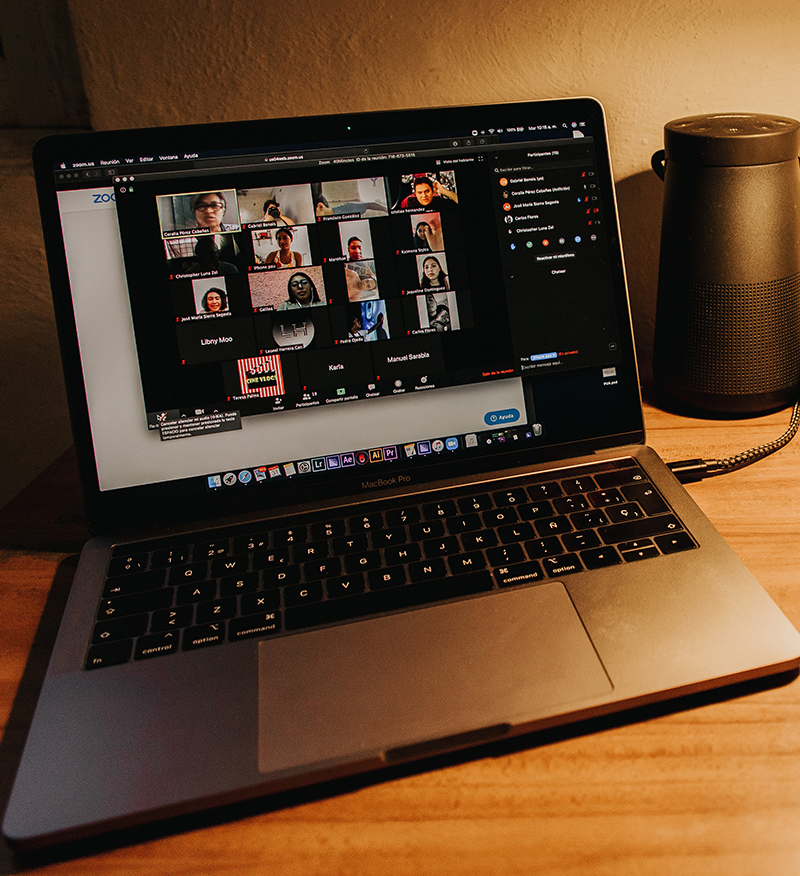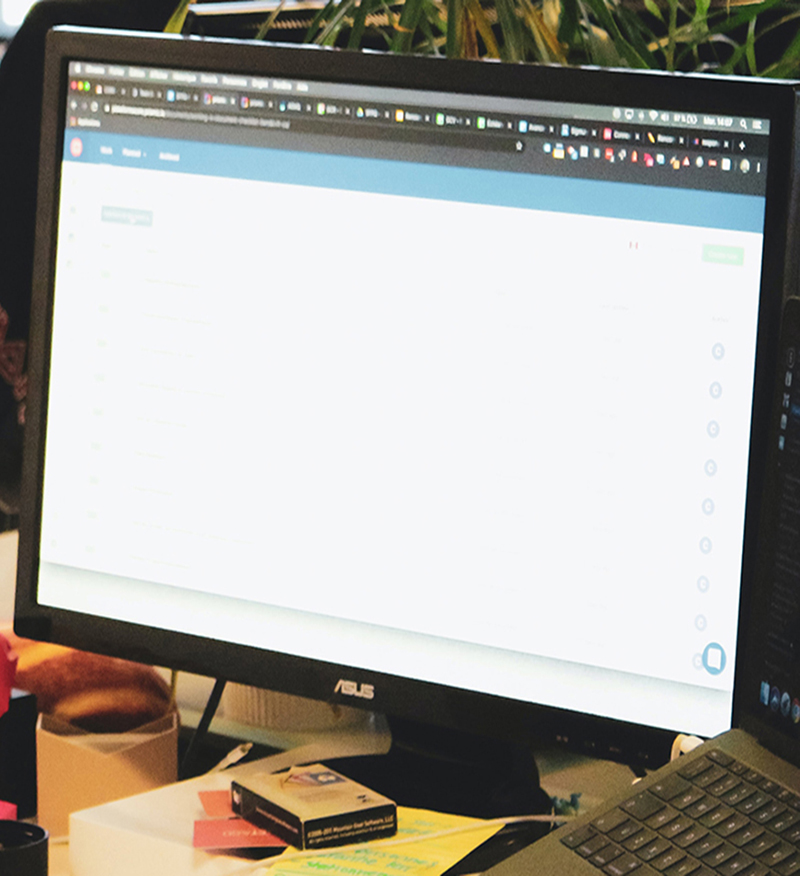To maintain a good quality of life one must take care of themself, maintain mobility, stay social and take care of one’s safety. As we age many will find performing important tasks and activities increasingly challenging. In this section we will learn about quality of life routines, finding the right support and using assistive technologies to regain confidence, self-respect and independence.
Learning Materials
In this platform you can:
- Discuss mobility-related topics you are interested in
- Ask questions regarding materials, courses, activities and how to use the platform
- Connect with people similar to you and share your experiences
- Learn ways in which to lead a healthy and happy life
- Instruct yourself to become independent and autonomous
- Discover ways in which to properly take care of your needs
- Interact through audio-video means with trainers and other participants
- Collaborate in Wiki-writing type of documents to share the knowledge you have with other participants
According to Maslow's hierarchy of needs, the physiological needs of the organism, i.e., the primary biological needs are the most important and most basic of all human needs, and one of them is food, necessary for survival. Eating suffices basic human need for nourishment, but it is more than that. In some cultures, eating is a form of connecting, liaising, socializing, and even business. Eating is dependent on various determinants - place, people, time, rituals, habits, etc. In this section we are going to discuss all the essential dimensions of eating and how they are impacting your life.
Having a neat appearance and taking care of one’s self are the first signs of well-being and autonomy. Looking presentable to the people around us greatly improves self-esteem and the way we perceive ourselves, giving us confidence in our own powers. Just because our movements are not as agile as they used to be, does not mean we cannot take care of ourselves and the way we look. In this section we will discover ways in which we can take care of our body despite having a reduced mobility.
Feeling comfortable and as relaxed as possible moving inside your own space is essential to wellbeing and autonomy. Moving inside your home freely and safely lifts up self-esteem and promotes a sense of security. Lifestyle changes, adapting to mobility issues by the natural ageing process and/or other chronic health conditions means that we sometimes have to re-assess the way we live and adapt our homes accordingly. In this dimension we are going to discover small alterations that can make you feel more confident and relaxed about your daily living into the house.
Without considering how many other activities we do while we are outside, going out is a pleasurable activity in itself that helps us stay healthy and happy. Reduced mobility should not be an obstacle in the way of satisfying our basic needs – such as shopping for groceries, buying medicine or going to the doctor – or our more complex needs – like socializing with family or visiting friends. In this section we will find materials that tell us exactly what can be done in order to regain our autonomy and become once again a part of our community.
Feeling comfortable and as relaxed as possible moving inside your own space is essential to wellbeing and autonomy. Moving inside your home freely and safely lifts up self-esteem and promotes a sense of security. Lifestyle changes, adapting to mobility issues by the natural ageing process and/or other chronic health conditions means that we sometimes have to re-assess the way we live and adapt our homes accordingly. In this dimension we are going to discover small alterations that can make you feel more confident and relaxed about your daily living into the house.














